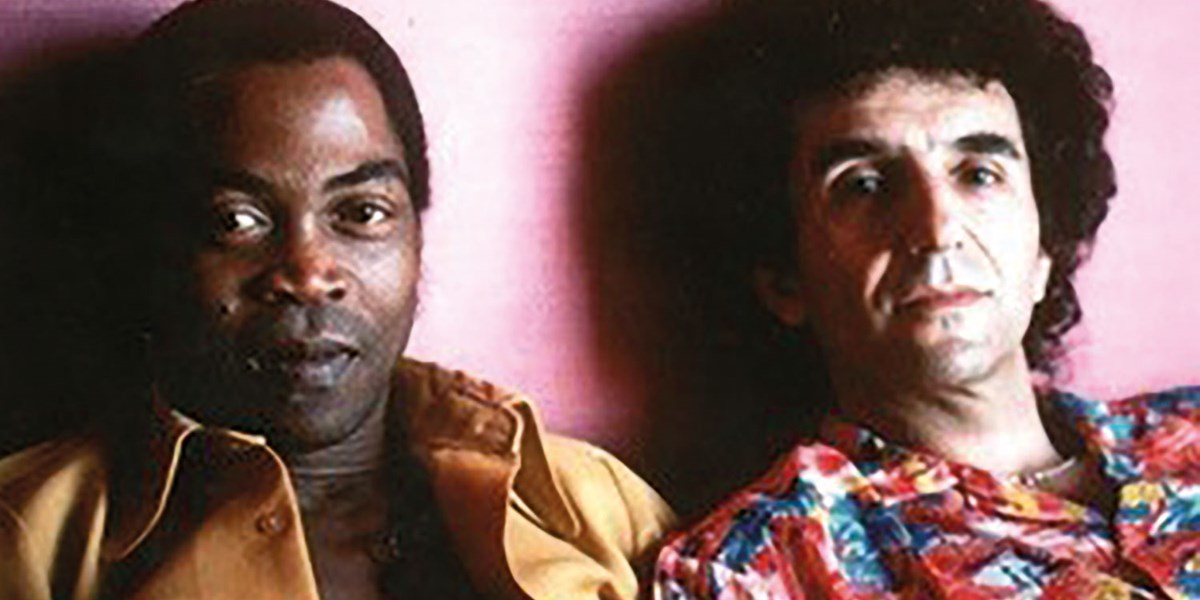Friday, October 4, 2024
“Fires needed to be extinguished, all kinds of things would go on”: Rikki Stein on managing Fela Kuti
In a new autobiography, Rikki Stein reflects on a non-stop career working with some of the world’s most visionary musicians: Fela Kuti, The Master Musicians of Joujouka and Jimi Hendrix being three examples. Russ Slater Johnson gets Stein to sit still for a minute and attempt to summarise it all

Fela Kuti and Rikki Stein in 1986 (photo: Femi Osunla)

Register now to continue reading

Thanks for visiting the Songlines website, your guide to an extraordinary world of music and culture. Sign up for a free account now to enjoy:
- Free access to 2 subscriber-only articles and album reviews every month
- Unlimited access to our news and awards pages
- Our regular email newsletters

